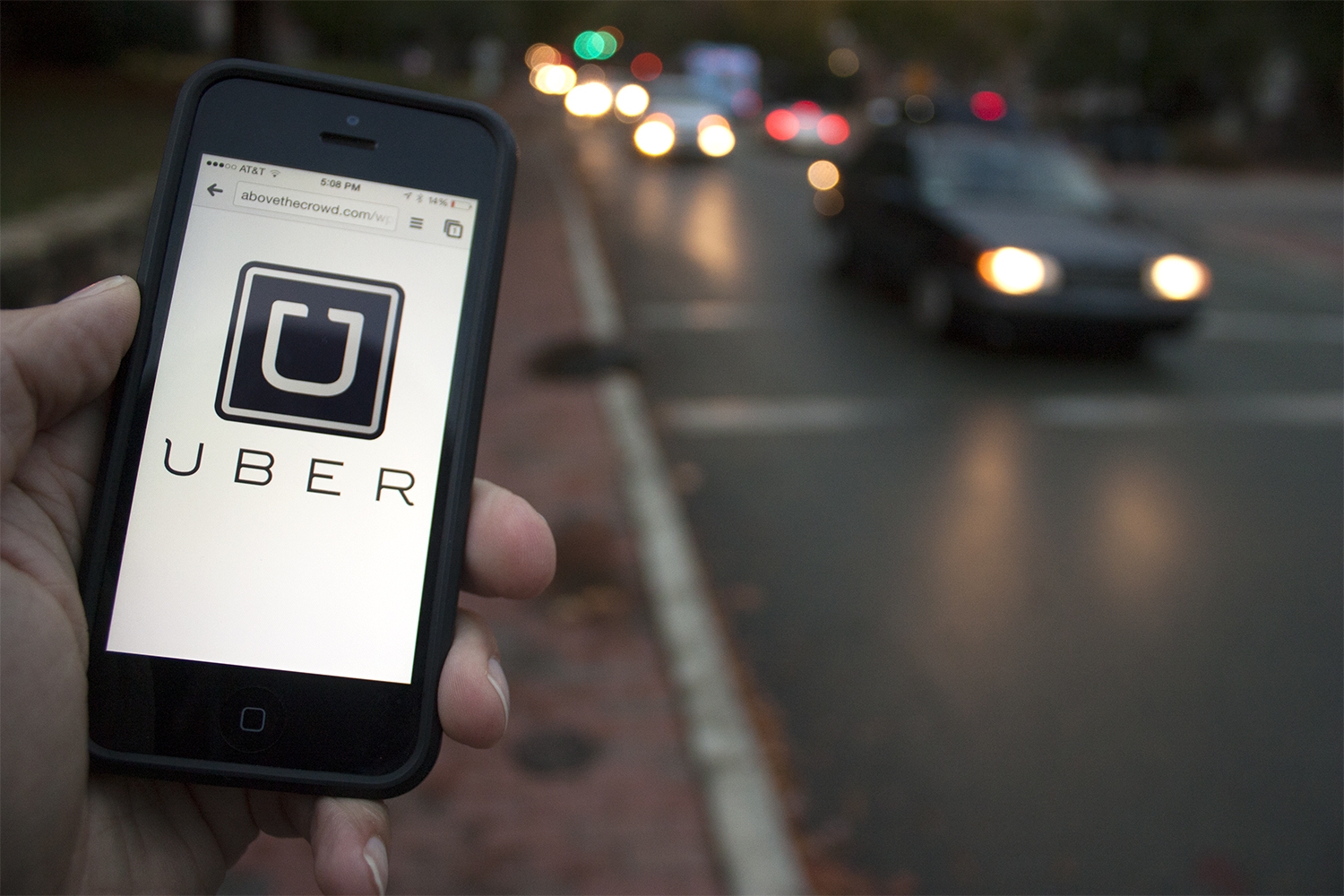Instead of sitting at home watching TV reruns during their down time, some of your clients are making extra cash by offering their services in the shared economy. One of the most popular methods is to become a driver for a company like Uber or Lyft. Essentially, you operate your own vehicle like a taxi cab, picking up and dropping off fares, utilizing a schedule that’s convenient for your lifestyle.
This is part of a series on
Taxes and the On-Demand Economy.
What are the tax consequences? The answer is not quite as simple.
When you’re a driver for Uber or Lyft, you receive a 1099 from the company, indicating the compensation received during the year. This is the amount you must report to the IRS, and any appropriate states, as taxable income. So there’s no such thing as a “free ride.” The type of form depends on the volume of your activities, Typically, the company will provide a 1099-MISC for low-to-middle-volume drivers, but a 1099-K if you had more than 200 transactions and $20,000 in payments.
As far as the IRS is concerned, you’re treated like any other self-employed individual, which means you file a Schedule C with your return and transfer the figures from your 1099s. In addition to reporting income from your car driving activities, you’re responsible for paying self-employment tax, the equivalent of payroll tax for employees. The amount is double the usual 7.65 percent rate for employees, subject to the same “wage base” as employees ($127,200 in 2017). For amounts above the wage base, the rate is 2.9 percent (again, double the payroll tax rate for employees).
Furthermore, you’re required to pay tax in quarterly installments during the year, since there is no tax withholding. The due dates are April 15, June 15, September 15, and January 15 of the following year. If the due date falls on a weekend or holiday, it’s moved to the following business day.
That’s the bad news. The good news is that you’re entitled to deduct expenses to offset your taxable income.
For starters, the biggest expense will likely be the depreciation of your vehicle. The deduction is based on the amounts available for business use, including the limits for so-called “luxury cars.” For instance, if you use the car 75 percent as an Uber or Lyft driver and 25 percent personally, the depreciation deduction is based on 75 percent use. Similarly, you can deduct other expenses of operating the vehicle – oil, gas, insurance, repairs, etc. – based on the percentage of business use.
As an alternative to the detailed recordkeeping required for deducting actual expenses, you can use the IRS-approved standard mileage rate. The standard mileage rate for business driving in 2017 is 53.5 cents per mile. In this case, however, you still must keep records of all your business trips. With either deduction method, you can fully deduct the tolls and parking fees incurred when providing the service.
Also, you can deduct half of the self-employment tax you’re required to pay (see above). This takes some of the sting out of having to pay double the usual rate.
Finally, don’t forget to deduct all those little “extra” expenses you have as a driver. Frequently, drivers provide snacks and water bottles and other goodies for passengers and use of a cellphone is needed for communication. As with other expenses, your deduction is limited to the costs attributable to business use only. To simplify matters, you might acquire a phone to be used 100 percent for this purpose.
Uber and Lyft are the two most well-known companies in this field, but there are a number of other platforms and apps for car services, including Turo, Gett, HopSkipDrive, Lift Hero, Curb, Wingz, USERV and GroundLink. For instance, with Turo, you rent out a car you barely use for cash, while GroundLink offers chauffeured black car service targeted to high-end corporate clients. The options are continuing to expand.
Thanks for reading CPA Practice Advisor!
Subscribe Already registered? Log In
Need more information? Read the FAQs




